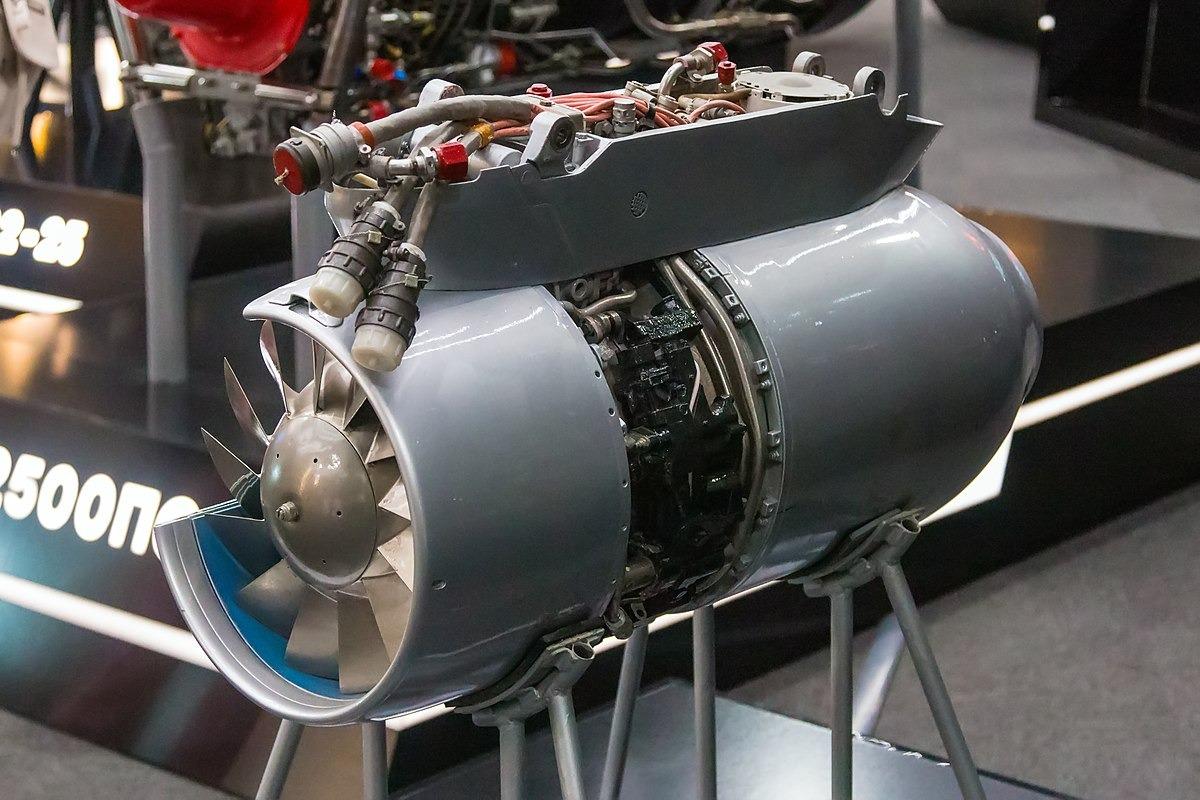China strengthens defence partnership with Russia Secret gear
In light of the ongoing war in Ukraine, Russia deepened its strategic partnership with China in economic, energy, and, recently, military fields. Although in the early stage of the war, Beijing distanced itself from Russia's pro-war rhetoric against Ukraine to avoid potential confrontation with the Western bloc, Russia's recent advancement in Ukraine and shifting realities on the frontline might have pushed China to change its position.

For example, on April 19, US Secretary of State Antony Blinken criticized Chinese support for Russia's defence industry, saying Beijing was currently the primary contributor to Moscow's war in Ukraine through its provision of critical components for weaponry. When the war unfolded in Ukraine, the US warned China not to aid Moscow's war effort since Russia's full-scale invasion.
Recent reports highlight the significant role China plays in Russia's defence industry. China's contributions include aiding in the production of drones, space-based capabilities, and machine-tool exports crucial for producing ballistic missiles. Notably, US officials have revealed that China provided over 70 per cent of the $900 million in machine tools – likely used to build ballistic missiles – imported by Russia in the last quarter of 2023. Furthermore, 90% of Russia’s microelectronics imports – used to produce missiles, tanks, and aircraft – came from China last year. These figures underscore the depth of China's involvement in Russia's defence capabilities, with far-reaching implications for global geopolitics.

One year after the start of the war, an independent military source found that Chinese state-owned defence companies sent navigation equipment and other components used in fighter jets to Russian defence companies. Evidence of this kind shows that, despite Beijing’s calls for peace, China is pushing right up to a red line in delivering enough nonlethal but militarily useful equipment to Russia. These shipments point to a China-sized loophole in the West’s attempts to hobble Russia’s war machine. The sale of so-called dual-use technology that can have both civilian and military uses creates a serious dilemma for Western powers that have long sought to avoid confrontation with the world's largest economy.

In the case of dual-use goods, experts speak of various machine tools and microelectronics needed for missiles, aircraft, and tanks, nitrocellulose required for artillery shells, optical components needed for tanks and armoured vehicles, drone engines, and turbojet engines that are used in cruise missiles. Moreover, the cooperation is said to entail the provision of satellite imagery services, help in upgrading Russian satellite capabilities, as well as work towards joint drone production in Russia.
Indeed, since the war's inception, China has become Russia's main economic lifeline, particularly after harsh economic sanctions imposed by the West. Therefore, it was nearly impossible for the European Union (EU) and the US to exert pressure on Moscow regarding its economy. On the contrary, Russia's annual oil revenues have grown significantly since the sanctions were imposed. According to data from the Centre for Research on Energy and Clean Air (CREA) in Finland, China accounted for 50 per cent of Russia's total monthly fossil fuel exports in February 2024, followed by Türkiye (19 per cent) and India (13 per cent).

China's deepening partnership with Russia, despite US warnings, is evolving into a new phase as official Kyiv acknowledges the challenging situation on the frontline. While China initially refrained from openly aligning with Russia in its invasion campaign against Ukraine, the subsequent confrontation between Beijing and Washington has prompted a reconsideration. This evolving partnership is not limited to military supplies, as Russia is also witnessing an increase in Chinese foreign direct investments (FDI). This dynamic shift in China's stance towards Russia underscores the fluid nature of international relations and the complex dynamics at play.
As such, Russia ranks 7th among target countries for Chinese FDI in the oil and gas sector; its share in China's oil imports has marginally risen from 14 per cent to 16 per cent since 2022, and the Power of Siberia 2 gas pipeline remains on the drawing board. Nevertheless, the growing diplomatic disputes between China and the Western bloc urged some local experts to call on their government to downgrade the defence partnership with Russia as it would be highly detrimental to Beijing’s foreign policy interests in the near future.








